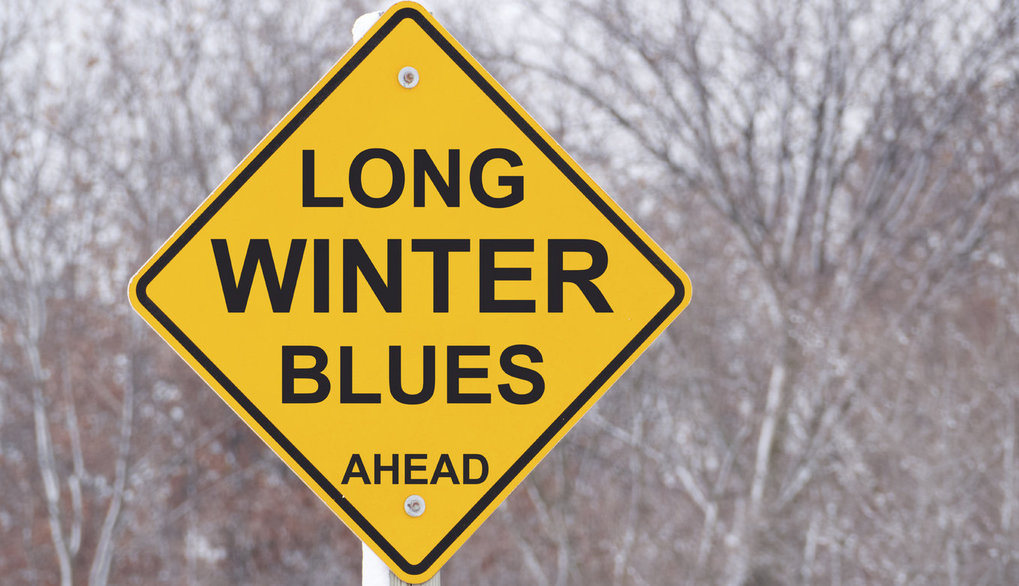
Prioritizing Self Care Through the Winter Blues
The days are getting shorter and in a couple of weeks, temperatures will drop to sweater weather. For many, this brings a popular phrase to mind: winter is coming. Along with snowflakes and hot chocolates comes the fifth avenue lights, holidays, and New Years resolutions.
In the mental health field, the change in season also signals the start of a new challenge: seasonal affective disorder – a type of major depressive disorder – or at the very least, the less severe sibling, the winter blues.
How Sunlight and Cold Weather play a role in Depression
This is, in part, caused by less sunlight. Sunlight is a crucial factor for positive mood and overall well-being. Some people adapt using light therapy. There are two kinds: dawn simulation and light boxes. These treatments use light as a way of tricking our brains into thinking its July. You can learn more, including possible safety warnings here:
The freezing temperatures are also a bummer. Once we can see our breath outside, we sometimes react by staying inside as much as possible. This can lead to a decrease in our socialization, causing us to feel isolated.
Humans are social creatures, the more we are isolated from others, the more likely we are to feel depressed.
Set reminders to make plans with friends, and push yourself to go even when staying in pajamas in bed sounds better (and warmer). If you’re struggling to feel motivated, try using positive reinforcement to get out there – for example, rewarding yourself with your favorite show or movie when you return.
How The Holidays Can Impact Us
Another universal struggle for people throughout the fall and winter months are the holidays. They bring up family dynamics that many find uncomfortable, challenging, and triggering. Here are a few tools for success:
- Identify what it is about the holidays that get you down. Is it the family dynamics? The expectations? The loneliness? Once we know what our challenges are, we can begin to develop strategies for managing them!
- If you’ve tried to work through your holiday blues before with little success, try and think of some different ideas and give them a shot—even if you aren’t sure if it will help.
Try to have more self-compassion and accept your limitations, being curious about small changes you can make.
- Keep your expectations realistic. Whether we have really high or really low expectations, we can find ourselves disappointed. Ask yourself, what is the most likely outcome of the holiday seasons based on my past experiences?
- Try and focus your attention less on what should be and focus more on what you can and want to be doing.
- If the holidays make you feel out of control, “take control” over the holidays by setting aside time for yourself.
- Minimize over-indulging in food and alcohol as a way to cope with stress. Choose healthy coping skills and have a list ready for when you may feel triggered.
New Years Resolutions
Finally, when the holidays and New Years are over, right at the end of January/ beginning of February, we start to notice that we may not have followed through with our resolutions. Furthermore the thrill of the “holiday” cheer has faded, and we may have racked up holiday credit card bills along with less to look forward to through the rest of the cold months to come. This can create a “deflated” feeling since we must accept that things haven’t really changed.
Setting Helpful New Years Resolutions to Cure the Winter Blues
When we make New Year’s resolutions, we are usually setting expectations of things we want to change but may not fully understand the complexities of why we haven’t changed those things yet. Instead, start thinking about the areas of your life that you want to change. Consider the following:
- What benefits would I gain by making this my goal?
- What are the biggest barriers to meeting my goal?
- How can I plan to work through my barriers?
- Can I break my goal down into smaller goals that are more manageable?
